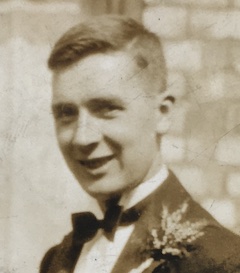From Straightforward English
If ‘freedom’ and ‘democracy’ are to be more than catchwords, clear communication must be the rule, and not the exception. Do we want a society in which placid masses take their orders from bosses? The alternative to government by force is government by persuasion. The latter must mean that the governed can talk back to the governors.
Read









